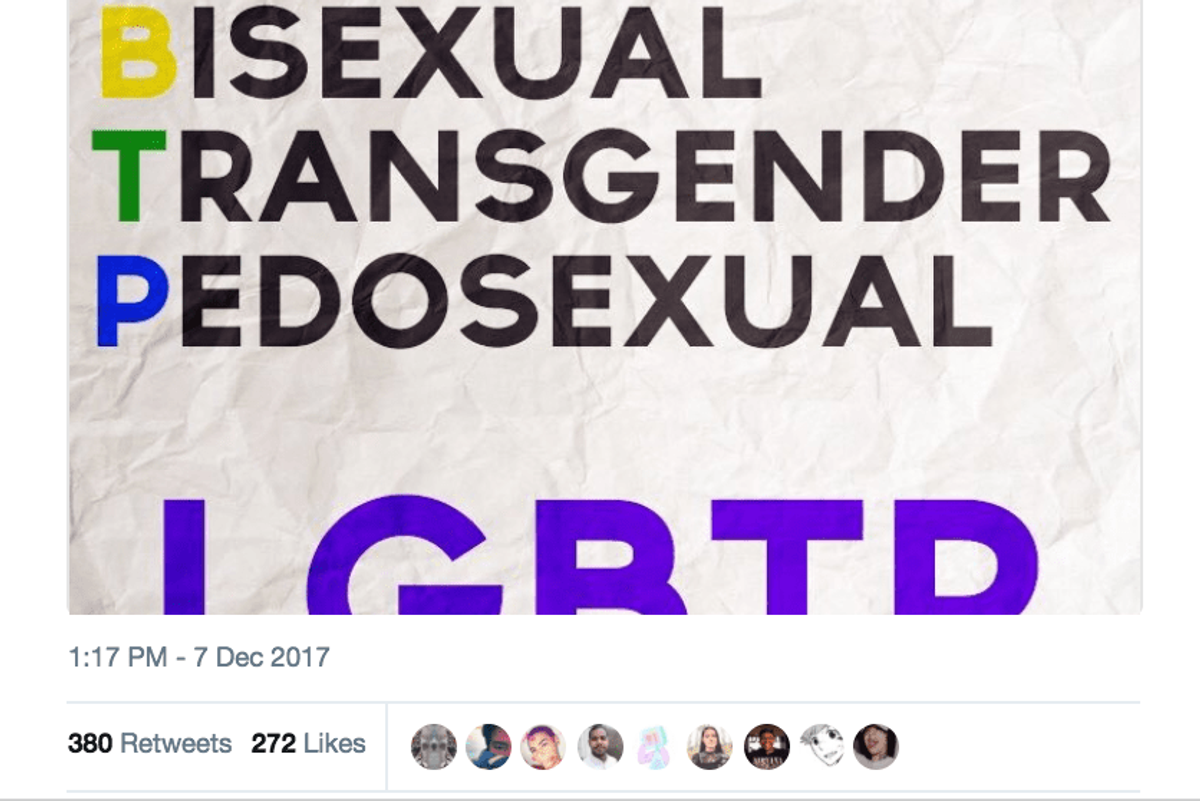
Why is this South African Agency Spreading Homophobic Lies?
South Africa's Film & Publication Board tweets fake news equating LGBTQ community with pedophilia.
SEARCH

South Africa's Film & Publication Board tweets fake news equating LGBTQ community with pedophilia.